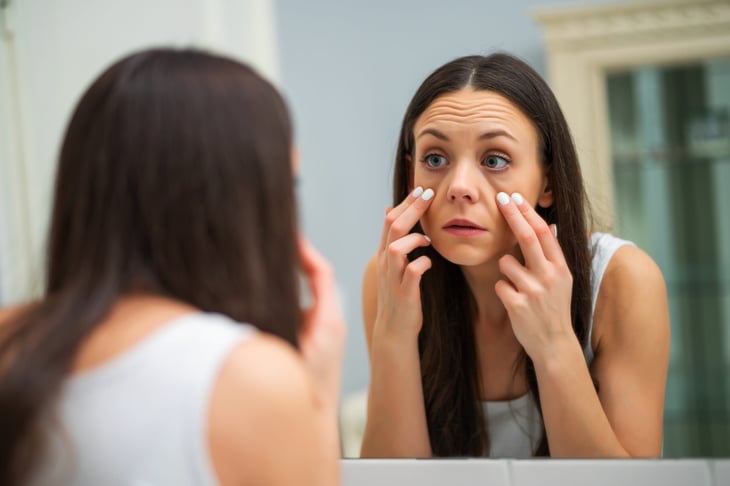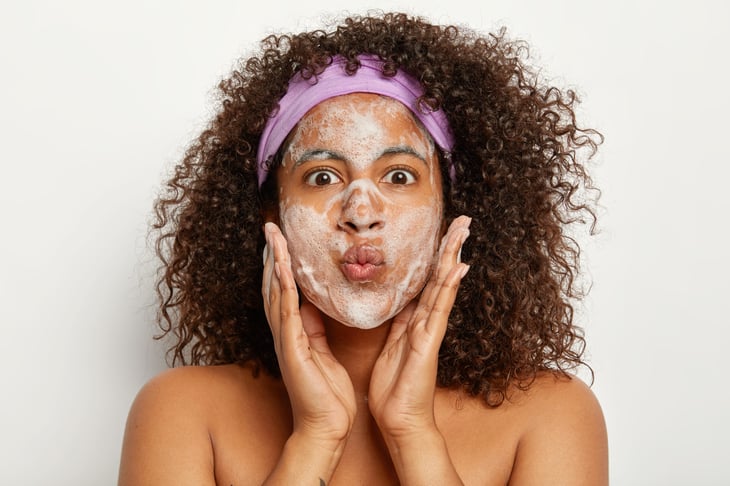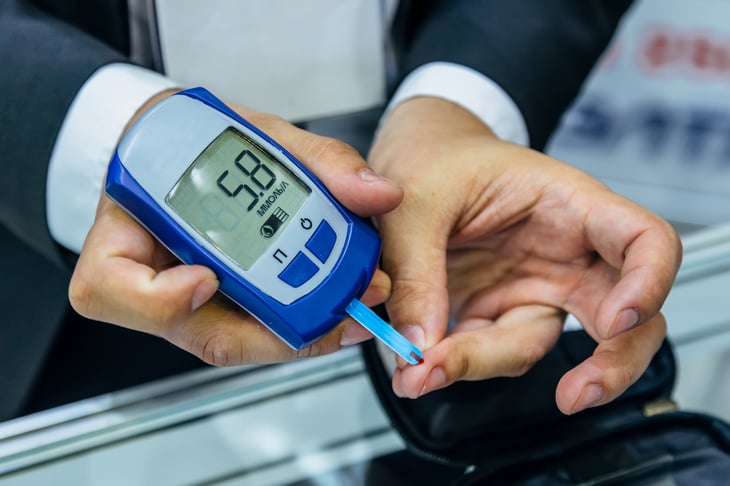
America has become a nation of sleep-deprived zombies. About one-third of the country’s citizens do not get enough sleep, according to the Centers for Disease Control and Prevention.
Experts generally recommend that adults get at least seven hours of sleep each night. Failure to do so not only leaves you tired but also can increase your risk of developing serious health conditions.
Following are some of the overlooked — and often surprising — ways that a lack of sleep can make your life miserable.
1. It makes you less generous

Scientists at the University of California, Berkeley, found that during the week after the beginning of daylight saving time — when we all lose an hour from our day — charitable giving dropped by 10%.
Interestingly, states that do not change their clocks did not see a drop in such good works. The decline in giving also did not occur in the fall, when states return to standard time and we all gain an hour back in our days.
In a summary of the findings, Eti Ben Simon, a UC Berkeley research scientist who helped lead the study, says:
“We’re starting to see more and more studies, including this one, where the effects of sleep loss don’t just stop at the individual, but propagate to those around us. If you’re not getting enough sleep, it doesn’t just hurt your own well-being, it hurts the well-being of your entire social circle, including strangers.”
2. It makes you crave carbs

When we don’t sleep well, it throws our endocannabinoid system out of whack. This system helps regulate several functions, from immune response to appetite.
When insufficient sleep messes with the endocannabinoid system, the result is an increased desire for high-fat, high-starch, sugary foods. As University of Chicago behavioral neuroscientist Erin Hanlon tells CNN:
“When you’re sleep deprived, you’re not like, ‘Oh, you know what, I want some carrots.'”
Instead, you want chips, cookies and candy, she says.
3. It raises your risk of heart disease

When we slumber, our blood pressure drops. That is good news for the heart.
However, if you are sleeping just a few hours, your blood pressure doesn’t dip for as long. Experts say that can have a negative effect on the cardiovascular system and may raise your risk of heart disease and stroke.
4. It ages your body

That youthful glow may be another casualty of poor sleep. Researchers at the University of California, Los Angeles, found that just one night of insufficient sleep caused the cells in older adults to age even more quickly.
In a summary of the research findings, Judith Carroll, assistant professor of psychiatry and biobehavioral science at the UCLA Cousins Center for Psychoneuroimmunology, says:
“Our data support the hypothesis that one night of not getting enough sleep in older adults activates important biological pathways that promote biological aging.”
5. It promotes the development of diabetes

Type 2 diabetes causes sugar to build up in your blood and can damage blood vessels. It’s a chronic condition that affects tens of millions of Americans.
Some studies have found that periods of restful sleep help the body to better control blood sugar levels, keeping Type 2 diabetes at bay.
6. It increases anxiety

Lack of sleep and anxiety have a destructive, mutually reinforcing relationship. People who are anxious have a harder time falling asleep and staying asleep.
This creates sleep deprivation that, in turn, worsens anxiety. According to the Sleep Foundation:
“Anxiety disorders are the most common mental health problem in the United States, and insufficient sleep is known to have sweeping negative implications for overall health.”
7. It stalls your brain

A lack of sleep impairs mental function in several ways. It may:
- Promote memory lapses
- Hamper your ability to concentrate
- Reduce your ability to make decisions
- Lead to dramatic lapses in attention
Research by psychologist David Dinges has found that those who get less than eight hours of sleep each night experience significant cognitive and physiological deficits.
An American Psychological Association summary of Dinges’s findings concluded:
“In fact, Dinges showed that two weeks of limited sleep — about four hours per night — created brain deficits just as severe as those seen in people who hadn’t slept at all for three nights. As sleep deprivation continues over time, attention, memory, and other cognitive functions suffer. Consistently failing to get enough sleep is the biological equivalent of consistently spending more money than you make.”





Add a Comment
Our Policy: We welcome relevant and respectful comments in order to foster healthy and informative discussions. All other comments may be removed. Comments with links are automatically held for moderation.